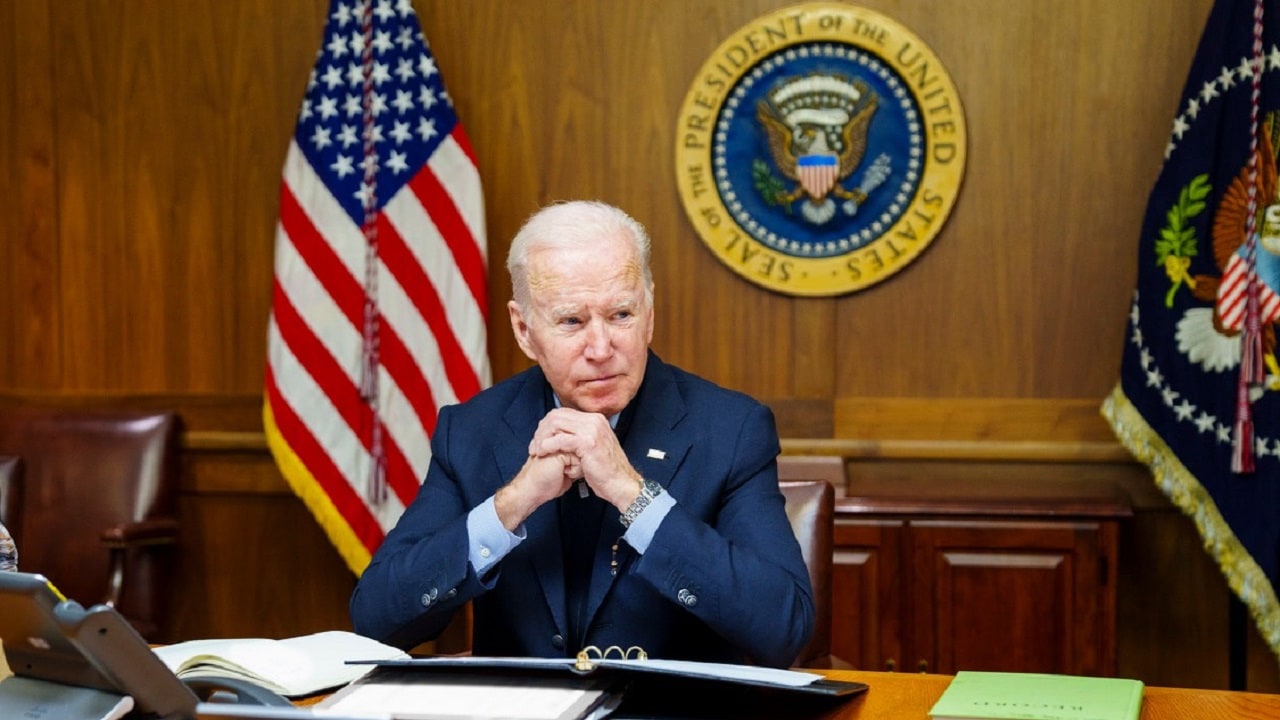BRIDGETOWN, BARBADOS—On Friday evening, Rwandan Paul Kagame arrived in Barbados, his latest stop in a whirlwind Caribbean tour. The meeting between Kagame and Prime Minister Mia Amor Mottley highlights changing dynamics in both Africa and the Caribbean.
Americans and Europeans may primarily see Barbados as a vacation resort, but its diplomatic importance is far greater. Last September, 55-years to the day after winning independence from the United Kingdom, Barbados formally removed Queen Elizabeth II, inaugurated Sandra Mason as titular president and became a republic. No longer must locals register property deeds and transactions or argue court cases thousands of miles away. Barbados may be ahead of other former British colonies in the Caribbean, but it will not be the last. Anger about Britain’s colonial legacy—and London’s deaf ear to it—is growing across the region. Last month, for example, protests in Belize forced the Duke and Duchess of Cambridge to cancel the first stop of a regional tour. In Barbados, locals admire Kagame for his unwillingness to sweep history under the rug. He has not allowed France to shirk accountability for its role in anti-Tutsi genocide, finally winning the French President’s acknowledgement.
Kagame’s official purpose for visiting Jamaica and Barbados might be to prepare for hosting in Kigali the 2022 Commonwealth Heads of Government Meeting, but the symbolism of his trip goes further. What Caribbean nations sense but many in the United States and Europe do not understand is Kagame’s true legacy: While progressive groups criticize Kagame for various transgressions as often imagined as real, and as American, European politicians seek to act as both judge and jury, many in both Africa and the Caribbean recognize Kagame as a true anti-colonial figure.
Kagame, of course, is different than other anti-colonialists. He does not utilize the rhetoric of anti-colonialism to distract from accountability nor does he use anti-colonialism as a synonym for socialism or leftism, as the late Hugo Chavez in Venezuela and Robert Mugabe in Zimbabwe did. Rather, he seeks for Rwanda to engage as a partner rather than supplicant. By promoting free markets and reversing decades of dysfunctional corruption, he has transformed Africa’s densest country into an increasingly prosperous, educated society. Admiration for Rwanda’s economic success in the Caribbean and Africa juxtaposes increasingly with the irrationality of attitudes toward Rwanda among Wester progressives who claim to support independence and empowerment in theory, but then work to oppose it in practice.
Human rights advocacy has turned into an industry worth hundreds of millions of dollars with leaders who too often dictate like colonial governors and whose researchers live posh expatriate lives. Frustration is rife in the developing world as often these Western groups conflate advocacy with political agendas. Kagame empowered—successfully—a grassroots, community-based Gacaca justice system that brought accountability for tens of thousands of génocidaires and enabled reconciliation at a time when the UN-sponsored tribunal convicted just 85 individuals at a cost of $1.3 billion. Had Kagame listened to Western activists, not only would many génocidaires never face justice, but the continuing open wound would also likely have undercut reconciliation and the stability Rwanda enjoys today.
Other countries also appreciate Rwanda’s increasing power. Its military contributes almost as many UN peacekeepers to conflict zones as India, a country whose population is almost 100 times as high. Rwanda has also supplanted France as the stabilizing power in the Central African Republic, and has been the most successful force in Cabo Delgado, where Mozambique faces and Islamic State insurgency. Caribbean nations face real threats—consider Venezuela’s aggression against neighboring Guyana or criminal gangs in Haiti—but have difficulty gaining meaningful attention or support from countries like the United States, Great Britain, or France who often posture as if they will protect regional stability, but do little. Successive U.S. administrations may make counterterrorism a priority, but Africans and Caribbean residents see the hypocrisy of both Democrats and Republicans who exculpate terrorists whose victims are black.
Unfortunately, within the halls of the State Department, diplomacy remains ossified and lazy. Both Democratic and Republican administrations treat Africa as a backwater and the Caribbean as an afterthought. The mood is changing, however. Barbados increasingly seeks to renew its links to Africa, while China exploits the neglect elsewhere. The Rwanda-Barbados summit is a positive thing, but it should also be a warning: For the United States, neither neglect nor condescension are strategies upon which to build relationships. What Barbados sees in Rwanda is the type of strength and respect that its ties to the United States increasingly lack.
Now a 1945 Contributing Editor, Dr. Michael Rubin is a Senior Fellow at the American Enterprise Institute (AEI). Dr. Rubin is the author, co-author, and co-editor of several books exploring diplomacy, Iranian history, Arab culture, Kurdish studies, and Shi’ite politics, including “Seven Pillars: What Really Causes Instability in the Middle East?” (AEI Press, 2019); “Kurdistan Rising” (AEI Press, 2016); “Dancing with the Devil: The Perils of Engaging Rogue Regimes” (Encounter Books, 2014); and “Eternal Iran: Continuity and Chaos” (Palgrave, 2005).

